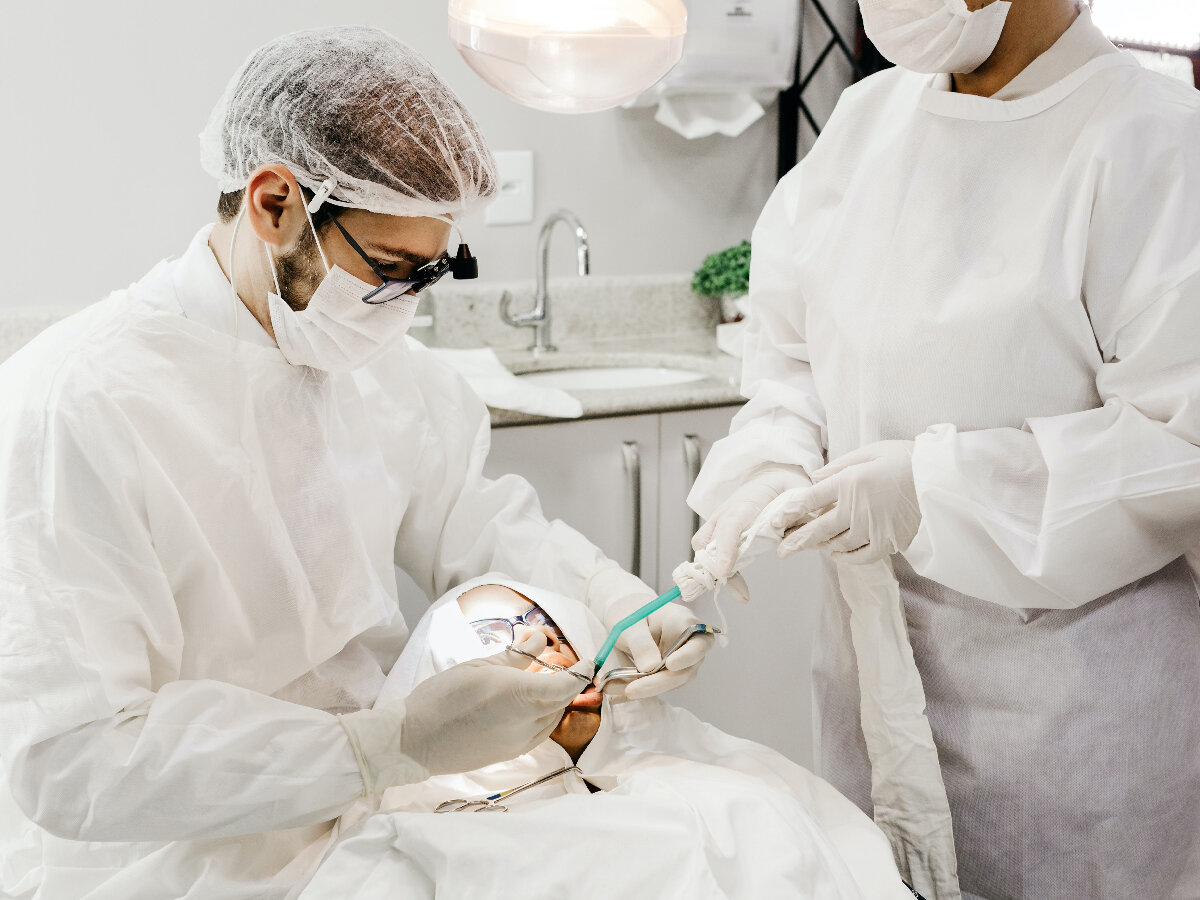Emergency Dentistry
What is a dental emergency?
Dental emergencies don’t necessarily have a set definition, though they make their urgency known by the sheer force of their symptoms. You might be suffering from a dental emergency if you experience severe pain and discomfort, or if you’re unable to open and close your mouth naturally.Root canal treatment is safe and painless.
The most common types of dental emergencies include, but are not limited to:
Loose teeth - If you’ve noticed that your adult tooth is loose, consider calling Dr. Sunar immediately. Adult teeth shouldn’t be unstable, and instability might be a sign of decay or infection.
A knocked-out tooth - As the most extreme and severe dental emergency, a knocked-out tooth often comes accompanied with nerve and tissue damage. You need to address this immediately to prevent the damage from worsening.
Chipped, fractured, or cracked tooth - This is considered a dental emergency because it typically means that a piece of your enamel has broken off. The sharper your pain, the faster you need to make an appointment with Dr. Sunar.
Tissue injury - You might experience tissue injury if you have lacerations, puncture wounds, or tears in your lip, cheek, and mouth. If it’s painful or makes it impossible for you to open and close your mouth, get in touch with Dr. Sunar.
What if you have a knocked-out tooth?
While you wait for Dr. Sunar to fit you in for an emergency dental appointment, you should avoid touching the affected area at all costs to prevent bacterial exposure and infection. Gently rinse the area with water and store the knocked-out tooth in a cup of water. Don’t attempt to put the tooth back and avoid manipulating it. Let it be and call Dr. Sunar.
Is an abscess considered a dental emergency?
An abscess is one of the leading causes of dental emergencies, though sometimes it’s hard to tell if that’s what you’re suffering from. Get in touch with Dr. Sunar if you experience:
Redness and gum swelling
Intense tooth sensitivity
Fever
Lingering pain
Open sore in the mouth
Once again, the faster you act, the faster Dr. Sunar can alleviate your symptoms.
While there are many things you can do to avoid dental emergencies, it’s completely normal for accidents to happen. Dr. Sunar and his team have a razor-sharp focus in treating emergencies. Call or go online today to book an appointment.

